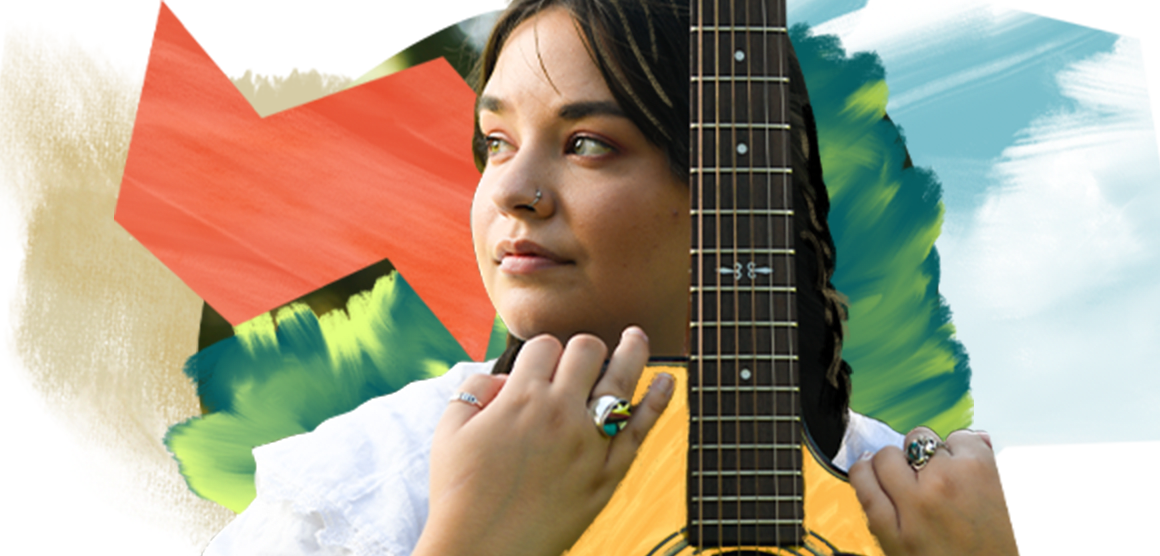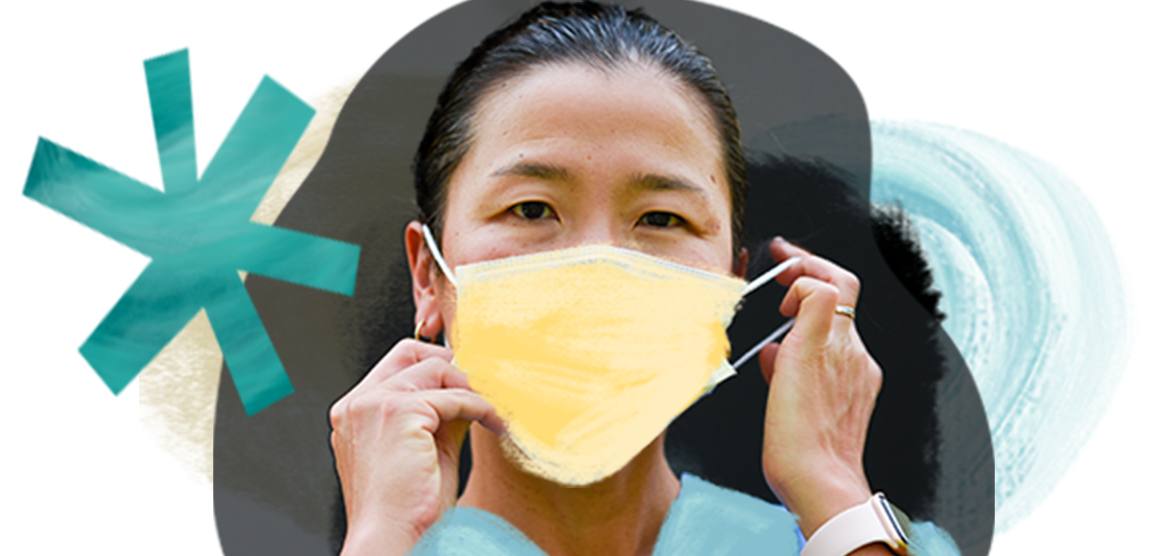Diego Alfonso Escobar García was the kind of kid who took his toys apart because he “was curious what was inside of them,” much to his parents’ chagrin.
Escobar García grew up in a border community between El Paso, Texas, and Ciudad Juárez in the Mexican state of Chihuahua. Now Escobar García is the first in his family on his way to earn a PhD, thanks in part to a fellowship at CU Boulder for doctoral students who study educational equity and cultural diversity.
“It's really thanks to my parents for letting me explore and discover my talents and my virtues. My dad has this collection of books from Life magazine, and one was about the universe. That's the first book that I remember that really got me thinking, 'Wow! How do people know that stars are like that?’ I wanted to study something that impacts the greater community, and I believe that’s science education."

Escobar García is researching how to increase opportunities for Latin Americans in STEM.
Created more than a decade ago, the Miramontes Doctoral Scholars Program at CU Boulder’s School of Education offers fellowship funding and a supportive, family-like cohort for doctoral students and graduates. Created by Bill and Connie Barclay, the program was named in honor of Bill’s late wife, Ofelia Miramontes, a beloved education professor and CU Boulder’s first associate vice chancellor for diversity and equity.
For Escobar García, the fellowship is about increasing science, technology, engineering and mathematics (STEM) opportunities for those in Latin American communities.
"My interest lies in how do we make people feel like scientists and how do we give minority students, particularly those speaking Spanish, access to the STEM communities? As I dig into the literature, you realize that there's a big disconnect between the way scientists are taught and how that's impacting the numbers of students from Latin American backgrounds. We need to find ways to better represent our communities. It is imperative that we try to diversify the STEM field, especially research laboratories, and I think we can do it.”
In the United States, while Latinxs comprise over 17 percent of the country’s population, they receive fewer than 6 percent of graduate degrees in STEM fields. Importantly, while Latinxs are among the fastest growing demographics in the world, their participation in higher education and science is not projected to keep pace with this growth, according to the academic journal Nature.
The Miramontes fellowship empowers students like Escobar García to change this trajectory through research. It also gives him a sense of belonging.
“The Miramontes fellowship has helped me by giving me time to engage in what I want to do. And, for me, it’s more than that: When I was looking at CU Boulder, this fellowship was one of the first I noticed because of the Latin American name: Miramontes. It is fascinating, you see, because I don’t see many Latin Americans in positions of power like that. So every time I struggle and I question why am I doing this, I look up to Ofelia and know she is someone with a similar story to mine. It’s very empowering.”



